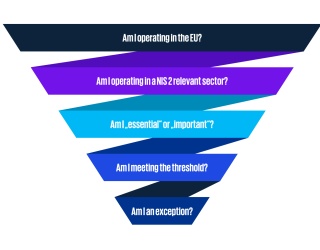
A new study from Juniper Research has found that retailers are set to lose some $130 billion in digital CNP (Card-not-Present) fraud between 2018 and 2023. It highlighted that increasingly complex approaches by fraudsters, alongside retailers’ inertia in adapting to new fraud prevention requirements, would be key factors behind the increases in fraud transaction value.
Juniper’s new research, Online Payment Fraud: Emerging Threats, Segment Analysis & Market Forecasts 2018-2023, claimed that as cybercriminals seek to monetise their knowledge to a wider, less tech-savvy audience, complex cross‑channel fraud will become the ‘new normal’, with retailers ill-prepared to fight it.
Changes in Perception Required
The report found that eCommerce merchants remain, to a large extent, focused on assessing fraud risk at the point of transaction. As such, analysis in terms of session and behavioural monitoring, or validating the identity of a user to assess fraud risk before any transaction, is lacking. Juniper cited industry perception of FDP (Fraud Detection & Prevention) as one of the reasons behind this, with FDP seen as a high-cost tool used only to prevent fraud.
“A layered FDP solution naturally helps directly preventing fraud, but it also offers major gains in terms of recovering potentially lost revenue through false positives. This is something about which retailers remain undereducated, and has allowed fraudsters to capitalise on relatively low FDP spend,” explained research author Steffen Sorrell.
Fraud Detection Growth
Juniper found that the perception of FDP return on investment on the part of retailers is, in turn, hampering global FDP spend growth. Juniper anticipates that digital payment players will spend $9.6 billion annually on FDP solutions in 2023, although the bulk of growth over the forecast period is likely to be driven by financial institutions and payment service providers. This is due to awareness of FDP benefits, as well as a requirement to deal with challenges such as open banking systems and instant payment mechanisms.









